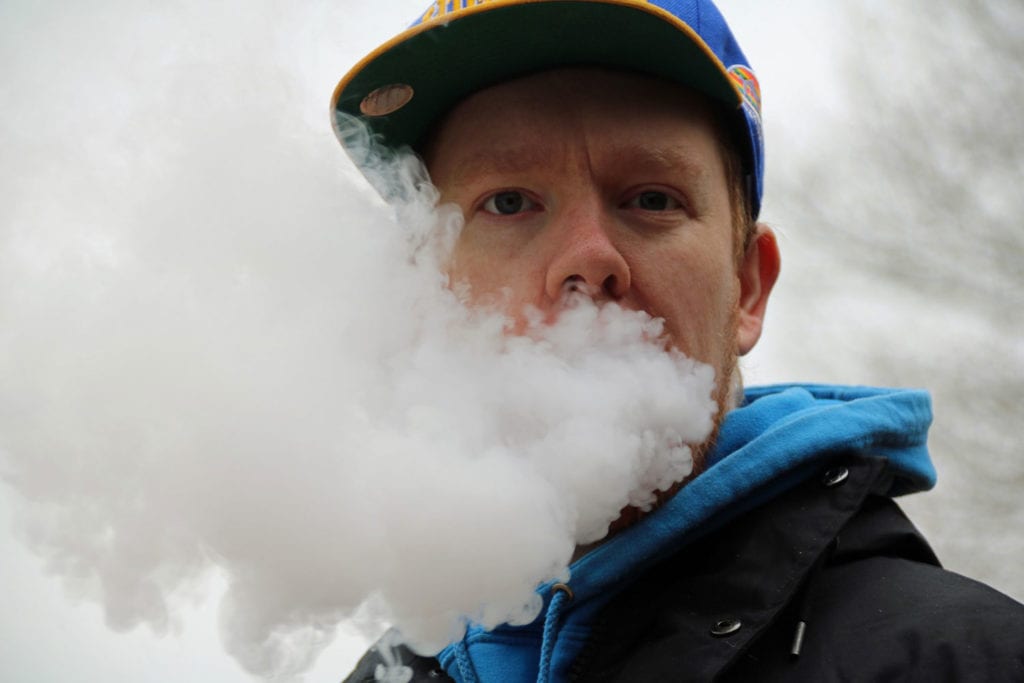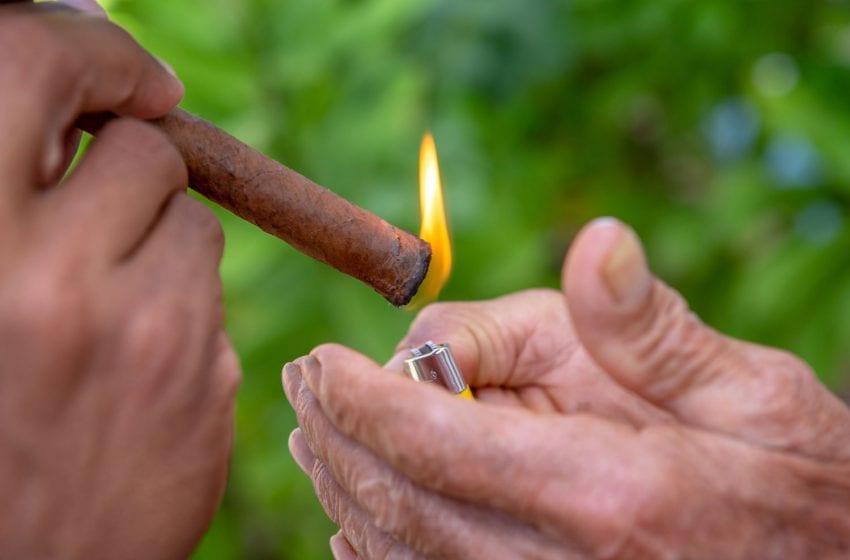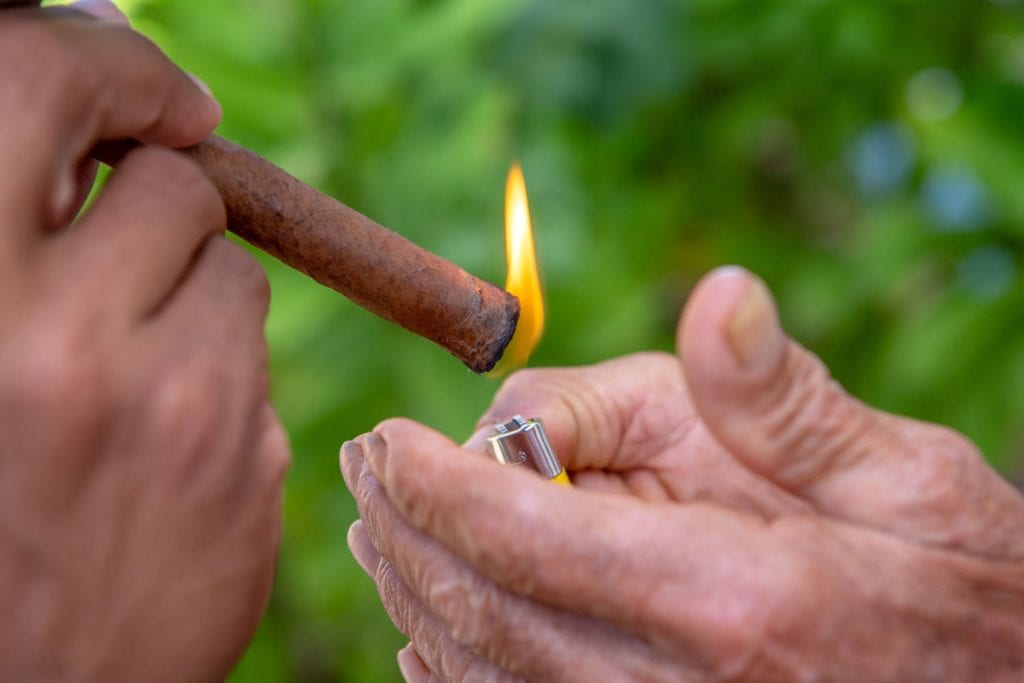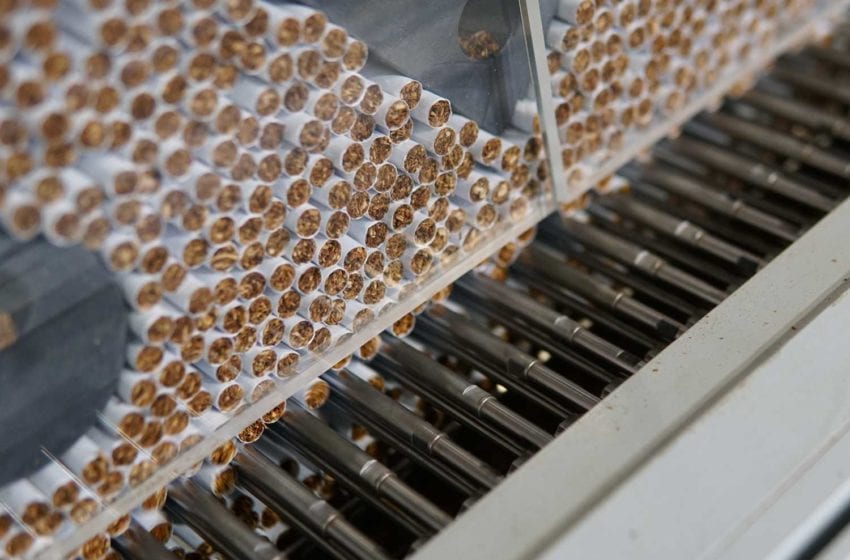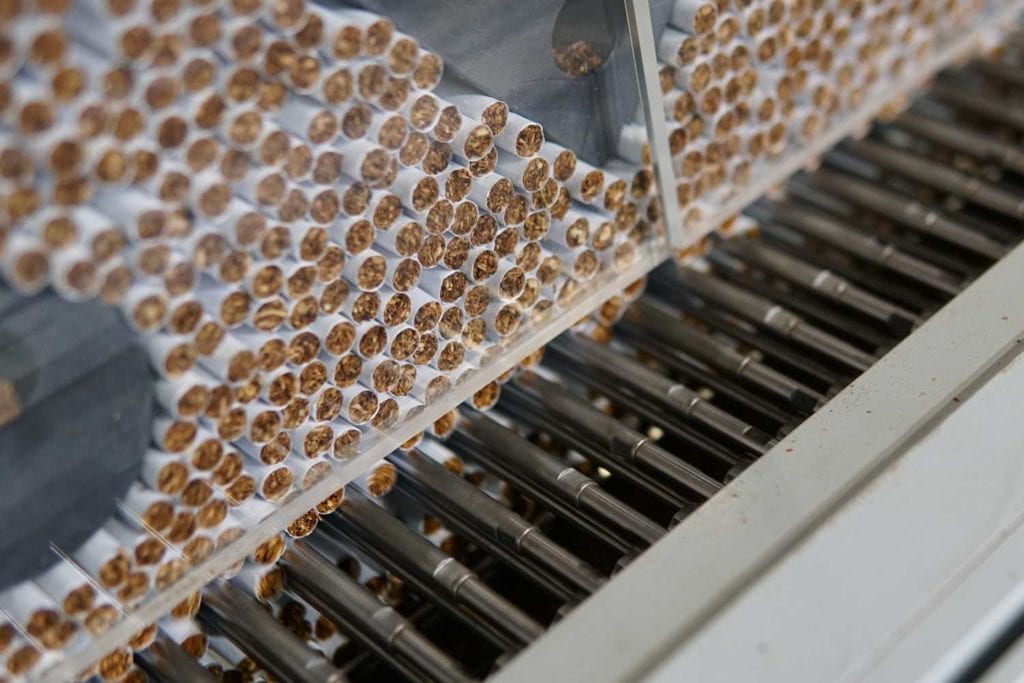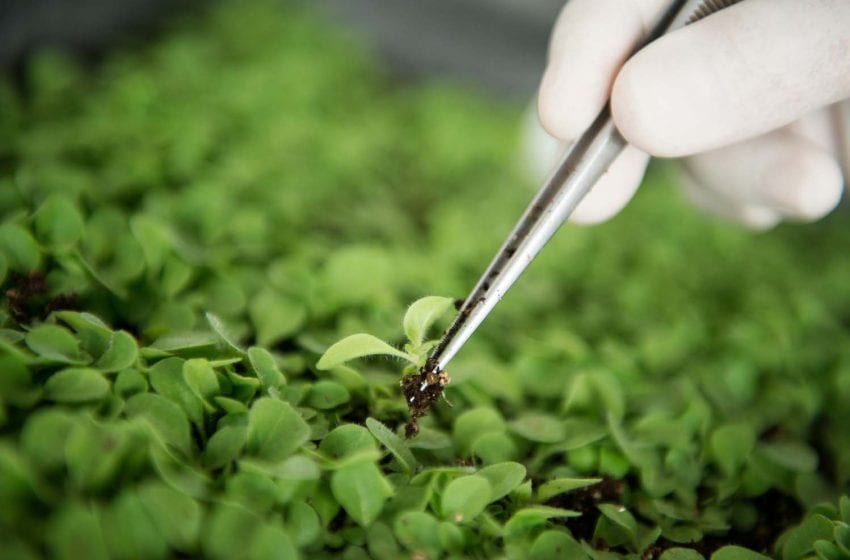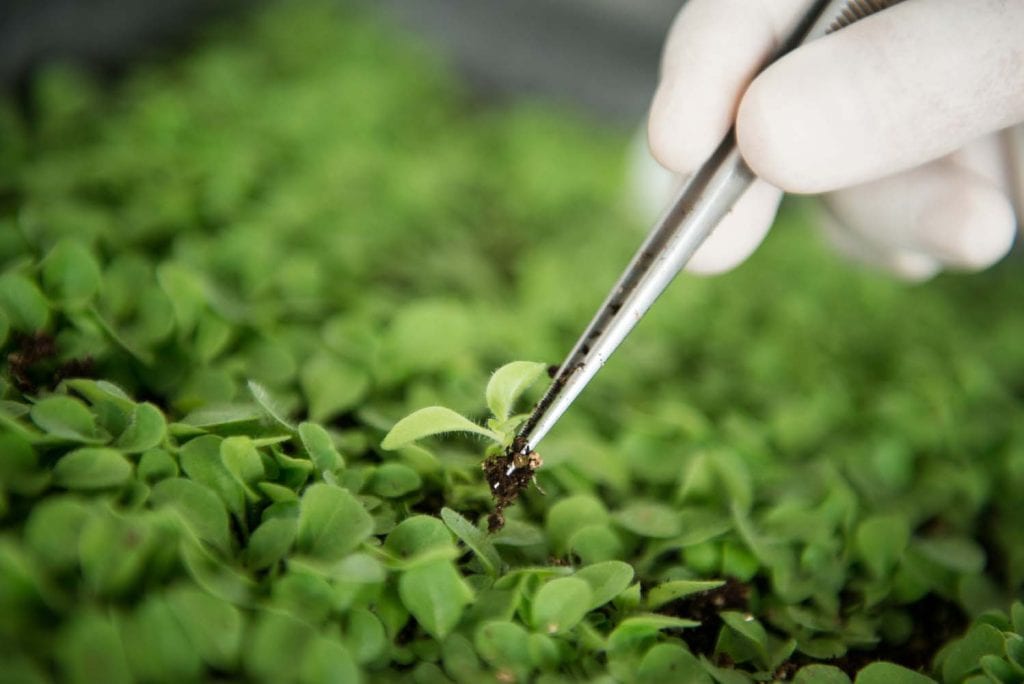The European Investment Bank (EIB), the Foundation for Innovative New Diagnostics (FIND) and several South African funders have pumped almost ZAR900 million ($61.4 million) into Cape Bio Pharms to further Covid-19 antigen and antibody research using tobacco plants.
The South African company, which has roots in the University of Cape Town’s Biopharming Research Unit, is investigating plant-based rapid diagnostic Covid-19 test kits to provide an affordable alternative to developing nations, according to a report by Business Insider.
The EIB funding, which accounts for 70 percent of the total project cost, will be used to open a new Covid-19 research facility operated by Cape Biologix Technologies, a subsidiary of Cape Bio Pharms, in Mauritius.
Funding from FIND, which covers a further 7 percent of the project costs, will be used to scale up the pilot production program currently underway in Cape Town.
The Mauritius facility will feature laboratories, processing plants and climate controlled hydroponic grow rooms to provide stable plant-made proteins to combat Covid-19. Cape Bio Pharms’ research has focused extensively on the use of Nicotiana Benthamiana, which contains nicotine and alkaloids similar to those found in the tobacco plants used for making cigarettes.
Indigenous to Australia, Nicotiana benthamiana has impressive biopharming properties. It adjusts well to genetic engineering and reproduces proteins at a superior rate.
Cape Biologix Technologies aims to turn the Nicotiana benthamiana plants into antibody production centers that can later be extracted and applied to use in rapid antigen tests and even vaccines.
Rapid antigen tests detect viral proteins associated with Covid-19 through samples gathered from the respiratory tract. Results can be determined within 30 minutes.
Plant-based vaccines, like the one being studied by Cape Bio Pharms, have the advantage of being stable at room temperature unlike the Pfizer/BioNTech dose which needs to be kept at -70 degrees Celsius.
Around the world, multiple efforts are underway to combat Covid-19 using tobacco plant technology.
Recently, British American Tobacco subsidiary Kentucky BioProcessing announced plans to commence a Phase I first-time-in-human study of its Covid-19 vaccine candidate following approval of its investigational new drug application by the U.S. Food and Drug Administration.
In July, Medicago, a Quebec-based biotechnology company backed by Philip Morris International and other investors, also started human trails for a tobacco-based Covid-19 vaccine.
Researchers in Thailand, too, are developing a tobacco-based Covid-19 vaccine.






